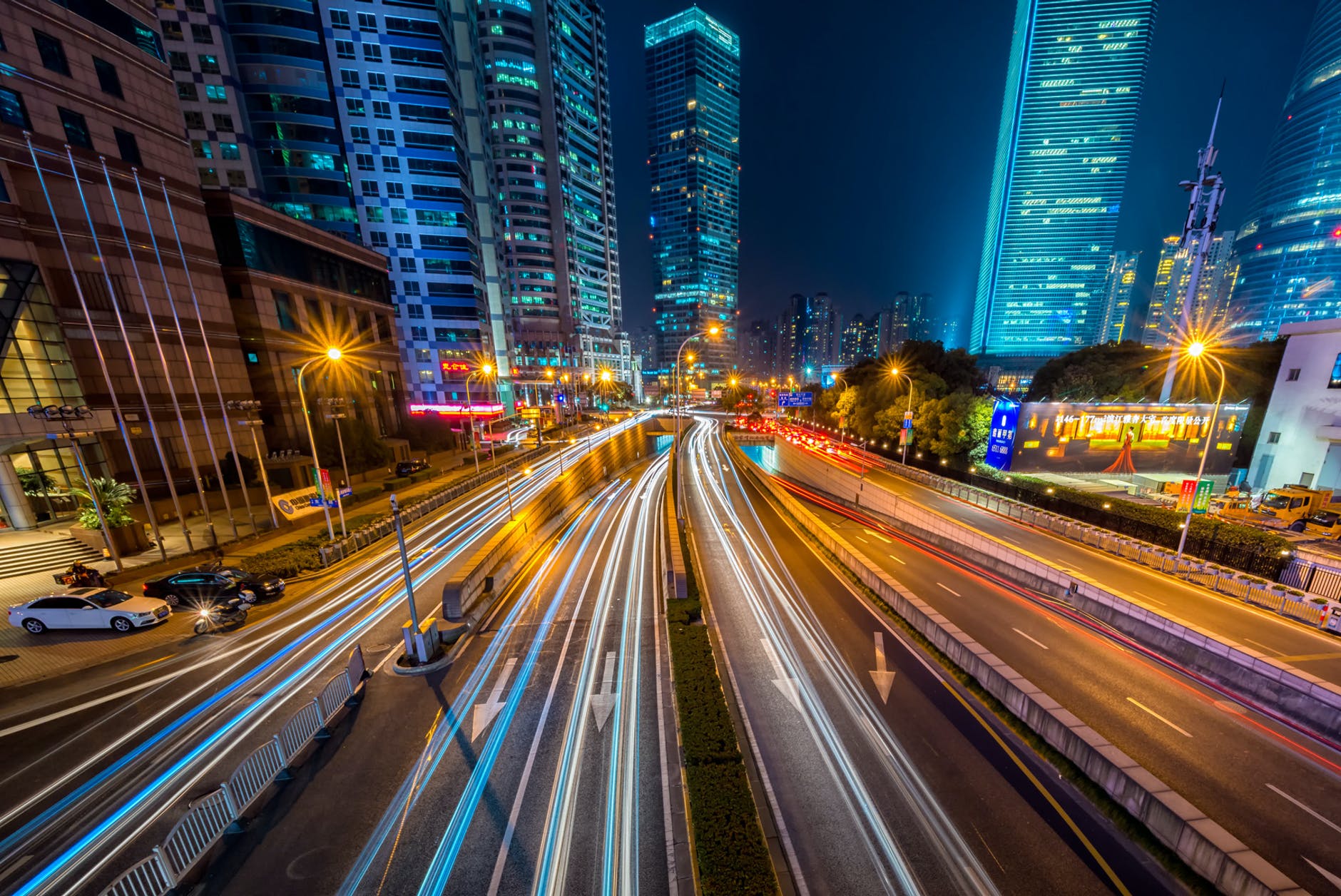A Sustainable Future
Needs Cleaner Mobility And Smarter Cities
Cities have been
growing for decades, and so have emissions. And there’s little doubt that after
the immediate crisis of COVID-19, old habits will return. The deteriorating air
quality around the world has woken people up to the need for alternative ways
of moving from place to place. The situation is at the point where many
companies see pitching in to preserve the planet as one of their central
long-term priorities. ENGIE is no exception, and many of our projects revolve
around the future of mobility in cities, as we do our part to reduce the impact
of climate change.
CLEANER TRANSPORTATION
We know that the
largest source of pollution is cars, which represent 60.7% of the carbon emissions
for all road transport in Europe. Decongesting city centers means offering
citizens multiple transportation choices. A wide range of more sustainable
options not only limits the number of individual cars on the road, but can
provide city-dwellers with easier, faster ways of getting from A to B.
- Ridesharing is a great example of "mobility As-a Service". Easily accessible via mobile applications and invoiced on a per-trip
basis, companies specializing in carpools are using the collaborative economy
to curb the need for personal vehicles.
- Soft mobility refers to human-powered vehicles
such as bikes and scooters — and it is also on the rise. Offered as an
alternative to carbon-emitting vehicles, these “zero-impact” forms of public
transportation give us a glimpse of a car-less future. ENGIE New Ventures has invested in the electric Smartscooter Gogoro. Based in Taiwan, the company’s
product allows users to travel up to 110km before recharging. With more than
400 stations in Taiwan and sharing services in Paris and Berlin, users simply
recharge by exchanging batteries with other users at the designated “Go”
stations, a process that takes less than 6 seconds.
- Electric vehicles are becoming a viable
alternative to their gas-powered counterparts.
With over 28,000 charging points in France alone, sales for electric cars in
the European Union are projected to hit one million vehicles in 2020, according
to the organization Transport & Environment. A leader in the market of
stations for electric vehicles, EV Box,
a Dutch company acquired by ENGIE, is expanding its charging stations as well
as its management software to countries all over Europe.
SMARTER CITIES FOR BETTER MOBILITY
Beyond
transportation, municipalities around the world are engaged in a healthy
competition for which can become the “smartest,” the “greenest,” and
ultimately, the most sustainable cities. Upgrading to cleaner, more efficient
infrastructures means embracing the digital revolution. From 5G to AI, the
defining technologies of our era are ushering in the smart city, a new urban
design that avoids emissions and optimizes resources.
- Various systems using GPS and big
data provide real-time information that helps minimize drivers’ time on the
road. For example, it can send alerts for disruptions like accidents and road
work, and help them find available parking spaces. One such urban management
platform is Livin, created by ENGIE
Digital. The Livin system collects and manages data concerning everything fromparking to street lighting to traffic via its various sensors around the city,
and feeds this information to different types of commuters.
- Siradel, a subsidiary of ENGIE, is a 3Dsimulation tool that allows governments and businesses to make more accurate
decisions and better communicate their services to the public. Their physical
representation of cities include simulations of infrastructure such as telecom
networks and public lighting. Siradel has modeled 3,000 cities and can simulate
25 different public services.
- ENGIE Solutions, SUEZ, La Poste
and the VYV Group have come together to pilot these two innovative smartsolutions for the French city Angers.
ENGIE will install urban sensors and contribute to digital renovations that
will allow for a 66% savings in energy used for public lighting by 2025,
creating a 20% decrease in the overall energy consumption of the city’s
buildings. Eco-friendly modes of transportation aren’t the only
way to deter dirty vehicles; Smart cities can also reduce the CO2 output of
cars.
- Rio de Janeiro and its suburbs have invested in ENGIE’s intelligent
traffic management system Maestro to
unblock their congested roads. Between connected cameras, radars and traffic
lights, the system will not only clear the air, but decrease the number of
traffic-related accident.
